Do you often find yourself clenching or grinding your teeth? Do you experience chronic jaw pain? You may have a TMJ disorder. TMJ, or temporomandibular joint dysfunction, is pain experienced in and around jaw joints. Dr. Ribitch is a Dawson Academy-trained dentist with advanced training in the diagnosis and treatment of bite disorders. We provide comprehensive dental care to evaluate your needs, resolve symptoms, and stabilize your dental health.
With modern restorative dentistry, we can get your smile back in the best shape. Dr. Ribitch will work with you to identify the underlying problem affecting your bite and look for signs of tooth damage from teeth grinding. A personalized treatment plan will be designed to restore comfort and long-term dental health. This is an important aspect of lasting and stable results when treating TMJ and one of the ways that Dr. Ribitch sets himself apart from other dentists with his training and experience.

TMJ Causes and Symptoms
Several possible causes of TMJ can include:
- Stress
- Joint damage from an injury
- Malocclusion
- Cartilage damage from arthritis
- Eroding disks from misalignment
- Years of bruxism (teeth clenching and grinding)
- Any injury to the joint area caused by an accident or surgical procedure
- Any bite disorders, like an uneven bite due to fitted dentures, fillings, and dental crowns
Patients who suffer from TMJ may experience these symptoms:
- Jaw popping or clicking
- Earaches
- Facial pain
- Severe toothaches
- Difficulty chewing
- Limited or restricted jaw mobility
- Teeth clenching or grinding
- Signs of tooth wear
- Shoulder and neck pain
- Migraines or headaches
- Popping, grating, or clicking noises while chewing or during mouth movement
- Muscle pain around the jaw area
- The feeling of a stuck jaw that makes eating difficult
All of these symptoms are clear signs that you might be suffering from a TMJ disorder.
Treating TMJ in Mount Pleasant
Dr. Raymond Ribitch and his dental team offer oral appliances and restorative dentistry options to stop TMJ pain and repair teeth in more serious cases. Dr. Ribitch can create a custom mouth guard worn at night to stop teeth from touching. Oral appliances reposition the jaw to help prevent further wear and tear those teeth clenching and grinding may have caused.
If teeth are worn down, broken, or damaged from TMJ, Dr. Ribitch offers dental crowns that also protect teeth and improve their appearance. Tooth bonding and porcelain veneers can also help to address damaged teeth. Dental implants, dental bridges, or dentures may be needed in the most severe cases where teeth are too worn or broken to work effectively.
For some patients, orthodontic treatment may be recommended to realign the bite and allow the teeth to make proper contact when biting. Dr. Ribitch is an Invisalign provider and can provide discreet treatment using clear aligners.
TMJ Treatment FAQs
TMJ can negatively impact the function of your smile. Read the answers to these often-asked questions to learn more.
How can stress management help with TMJ disorders?
Stress often contributes to TMJ disorders by causing jaw clenching or teeth grinding. Relaxation techniques, such as meditation, yoga, or deep breathing exercises, can reduce tension in the jaw. Counseling or cognitive-behavioral therapy (CBT) may also help you develop coping strategies for managing stress and preventing flare-ups of TMJ symptoms.
What foods should I avoid if I have TMJ pain?
It’s best to avoid hard, chewy, or crunchy foods like nuts, candy, or raw vegetables. Sticky foods like caramel or gum can also strain the jaw. Instead, focus on soft, easy-to-chew options like soups, mashed potatoes, yogurt, and smoothies. Following a soft diet reduces stress on the jaw and can help alleviate pain.
Can TMJ disorders cause headaches?
Yes, TMJ disorders are a common cause of tension headaches and migraines. The pain originates from tension in the jaw muscles and may radiate to the temples, neck, or shoulders. Treating the underlying TMJ disorder often reduces or eliminates these headaches. A dentist or TMJ specialist can recommend specific treatments to address this symptom.
What lifestyle changes can help manage TMJ disorders?
Lifestyle changes include avoiding chewing gum, practicing good posture, and using stress management techniques. Sleeping on your back with proper neck support can also reduce jaw strain. Limiting jaw movement, such as opening wide for yawns, can prevent flare-ups. Small adjustments in daily habits can significantly improve TMJ symptoms.
Can TMJ disorders cause ear pain or ringing in the ears?
Yes, TMJ disorders can cause ear-related symptoms such as pain, ringing (tinnitus), or a feeling of fullness. These issues occur because the TMJ is located near the ear, and inflammation or dysfunction can affect the surrounding structures. Treating the TMJ disorder often alleviates these symptoms.
What happens if TMJ disorders are left untreated?
If left untreated, TMJ disorders can lead to chronic pain, worsening jaw dysfunction, and difficulty eating or speaking. Untreated issues may also contribute to tooth wear, gum problems, or tension headaches. Seeking early treatment helps prevent these complications and improves overall quality of life.
Call Dr. Raymond Ribitch Today
Left untreated, TMJ can dramatically impact oral health over time, often damaging teeth and further affecting the alignment of the bite. If you suffer from any of the symptoms mentioned above or have been avoiding the dentist for some time, schedule an appointment in our Mount Pleasant, MI office. Get the TMJ treatment you need today. We can help you regain a healthy, functional, and happy smile. Call Dr. Ribitch and his dental team at 989-772-1344 today.
